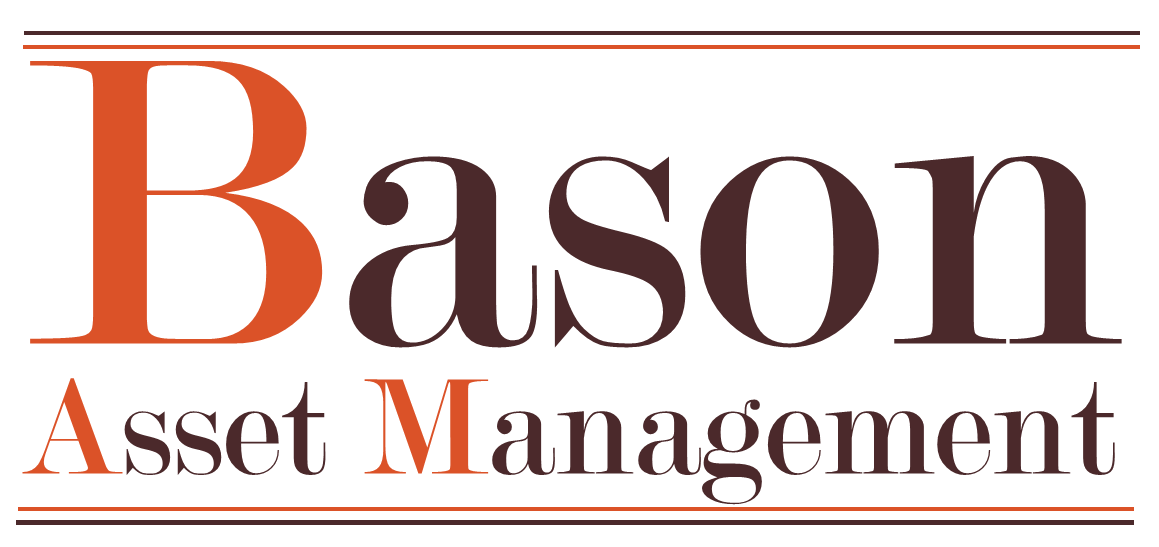Josh (@reformedbroker) has a great piece up from this weekend: “Memo to the Passive Investing Taliban.” In it, he’s essentially asking those of us in the passive investing camp to calm down, or at least quiet down. Not everyone is going to be “turned” to the side preaching low cost, tax efficient passive investing through index funds and ETFs. And he’s right! They won’t. But I have a few bones to pick. But first let me say that I have tons of respect for Josh Brown and he is telling the truth as he sees it, more than most financial commentators can claim. From Josh:
“This is America – everyone should be allowed to do whatever they’d like. Even if it’s not the most rational choice. The boomers, whose portfolios now make up the bulk of the $60 trillion in US investable assets, grew uprespecting the logical Mr. Spock but idolizing the adventurous Captain James T. Kirk.”
There’s just one problem with this. The investing public can’t be James Tiberuis Kirk. They can’t re-write the rules of the Kobayashi Maru. They can’t all be above average, they won’t be the guns-blazing cowboy who can beat the odds over and over again. And yes, people love to gamble. We love to believe that this time we’ll make it big. This will be the hot stock tip, hot trade, hot sector that will make us rich. But this isn’t just a weekend in Vegas to go blow $1,000, have a good time, come home and forget about it. This is about saving for our retirement, our kid’s college, our financial independence. It’s not a game.
 As long as investors (and some of their advisors) keep treating their portfolios like a spin of the roulette wheel, as long as they feel free to blame bad luck, bad data, a “rigged” market, bad advice, politicians in DC, bad economic and monetary policy and bad weather for the poor performance of their portfolio, I’ll keep proselyting. No, Josh, I don’t want active investing to be illegal. I want people to be informed. And as long as I continue to meet people who have never heard of a passive strategy – people who haven’t a clue how much they pay each year to underperform the market, who have never been introduced to Sharpe’s “Arithmetic of Active Management,” I will not stop talking about it.
As long as investors (and some of their advisors) keep treating their portfolios like a spin of the roulette wheel, as long as they feel free to blame bad luck, bad data, a “rigged” market, bad advice, politicians in DC, bad economic and monetary policy and bad weather for the poor performance of their portfolio, I’ll keep proselyting. No, Josh, I don’t want active investing to be illegal. I want people to be informed. And as long as I continue to meet people who have never heard of a passive strategy – people who haven’t a clue how much they pay each year to underperform the market, who have never been introduced to Sharpe’s “Arithmetic of Active Management,” I will not stop talking about it.
One more from Josh:
“You may want to consider that there is a major paradox at work here – the more successful passive investing is in converting the masses, the less successful it will be going forward. The last thing a passive indexer should want is for everyone to stop guessing and trading in the markets.”
Ah, the paradox. I addressed this a bit already here, but I’ll continue. I’m weary of this “slippery slope” fallacy. First, we know. We know that we need people actively trading, speculating, trying to outwit one another for an extra 0.25% per year. But despite the tremendous shift towards indexed investing, we don’t currently have any shortage of active managers. We still have thousands of actively managed mutual funds running a few trillion dollars, we have hedge funds and private equity firms and we have neighborhood brokers who think they can also be stock pickers. And you know what? We never will have a shortage. No one can reasonably expect that everyone, or even a majority of investors will be passively invested, for one simple reason that I’ll borrow from Josh: We’re Human. We love to speculate, we love to look for a fight and take a risk. But most of all, we’re greedy. We want to believe, in the face of all data proving otherwise, that we are the select few who will be “above average” in the long run. Our lesser angels will simply never allow all of us to “settle” for a passive strategy.
But for those investors who want to understand the data, who would prefer not to be led on and/or lied to about the next market-crushing mutual fund manager, who want to take the best route possible for them to reach their financial goals, I’ll keep talking about passive strategies.
